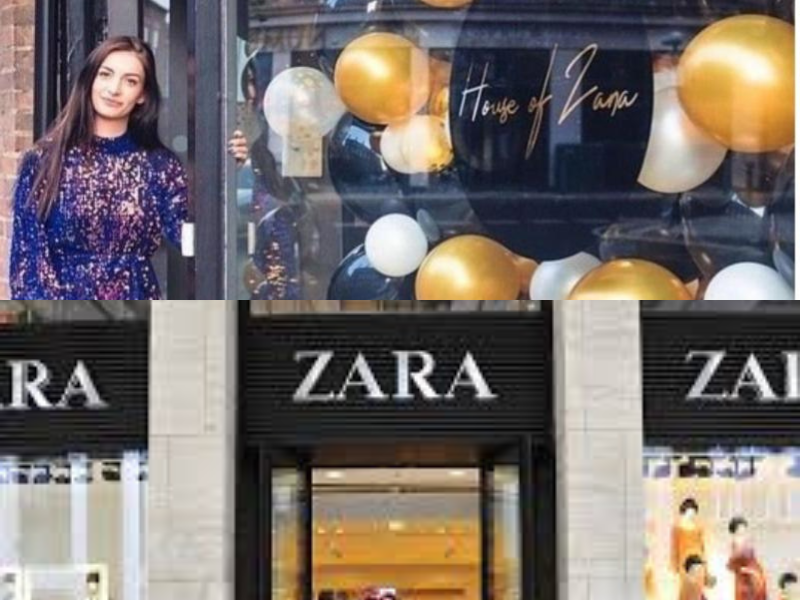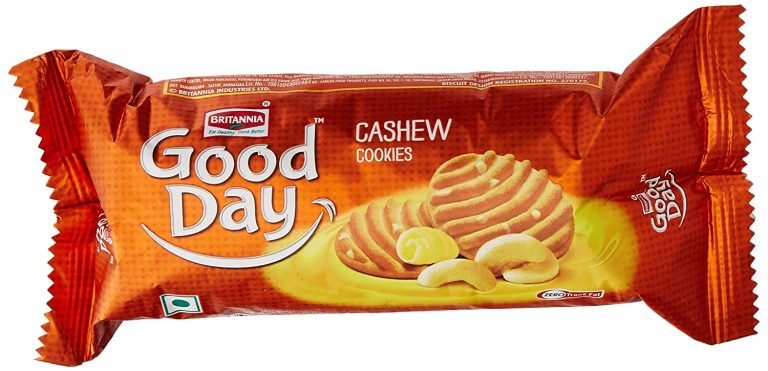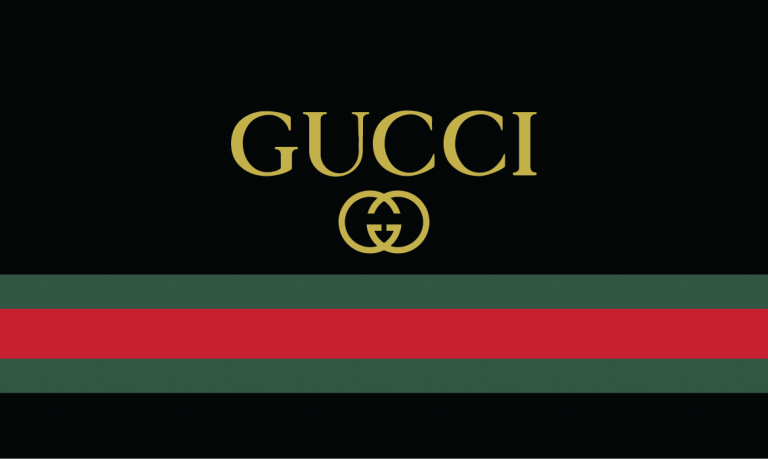Independent Label Wins Case Against Fashion House – Zara V/s Darlington’s House Of Zana
If you believe very strongly in something, stand up and fight for it.”
― Roy T. Bennett, The Light in the Heart
The leading real-life example of this quote can be highlighted with the recent trademark infringement case between Zara V/s Darlington’s House of Zana.
Numerous cases and instances of plagiarism are now common practice in the business sector, where a giant label drags a small business in an attempt to safeguard its stakes in the business.
A similar instance of pick on small business operations was observed in this case as well, where a small business owner is locked in a trademark dispute with the international retail giant Zara.
In a brief manner, Amber Kotrri launched House of Zana, a sustainable clothing company, in Darlington, Co. Durham, England in 2019 but soon found herself embroiled in a legal battle with the Spanish fashion brand.
Zara , the high-street giant, is objecting to the trademark application and the name of the brand by presenting two main arguments: that the Zana boutique, which sells sustainable clothing and locally sourced artisan products, is “conceptually identical” to its own and “confusingly similar” to customers.
The interesting thing about this case was how the owner of Zana used social media in a very rightful manner and always presented her collection, postings on her label, explaining the style and functions, etc., which was definitely a commendable step in this case.
The main contention of Zara was that the brand name would confuse or lead to misinterpretation amongst buyers, and the “average consumer would make a link between the two of them when confronted with House of Zana.” Defending its rights to preserve its exclusivity, Zara argued that the visual similarities between Zara and House Of Zana will harm the global chain’s years-long built reputation and lead the buyers to think the boutique is a part of Zara as it also pointed out at the ‘potential low-quality of its designs’ being threat to the global chain’s reputation in quality and style.
But Ambi Kotrri, the proud owner of her small business called “Zana,” firmly and strongly believed in her label and products. Therefore, she clearly pointed out the clear differences between the two labels.
Firstly, the House of Zana is made up of three words, which are stylized in italics and within a black circle. Moreover, she explained the meaning of the word “zana,” which means fairy in the country of Albania.
Secondly, she took over Instagram and showcases the style of her products, which are mostly in electric prints and she likes kimonos and jumpsuits.
Lastly, she also stated that her products are completely handmade, unlike Zara’s manufacturing scheme.
With respect to the above mentioned crystal clear differences pointed out between the two brands and undertaken in the evaluation, the tribunal held that the link is too insubstantial between the two brands on the basis of oral and visual similarities.






